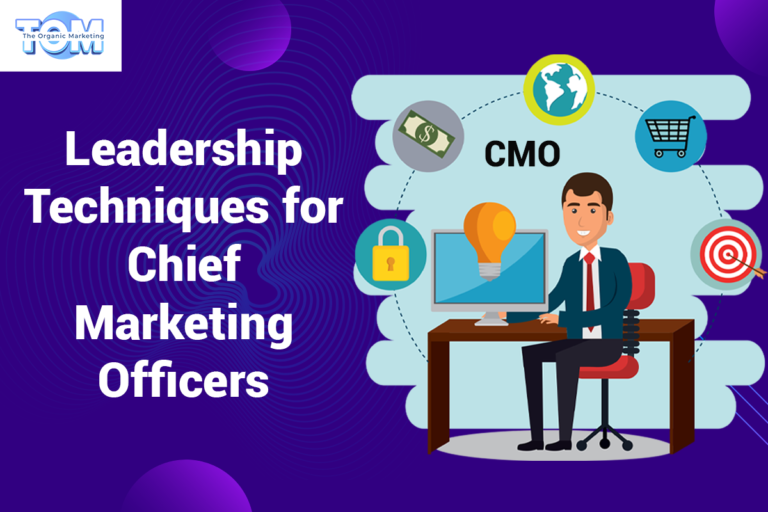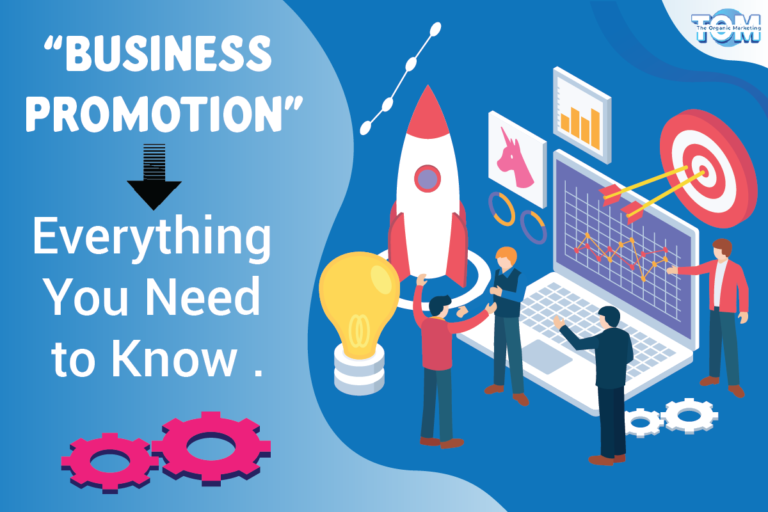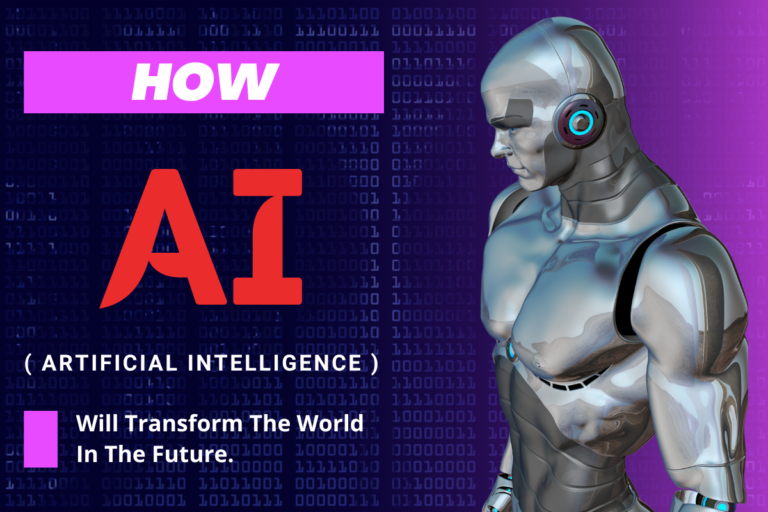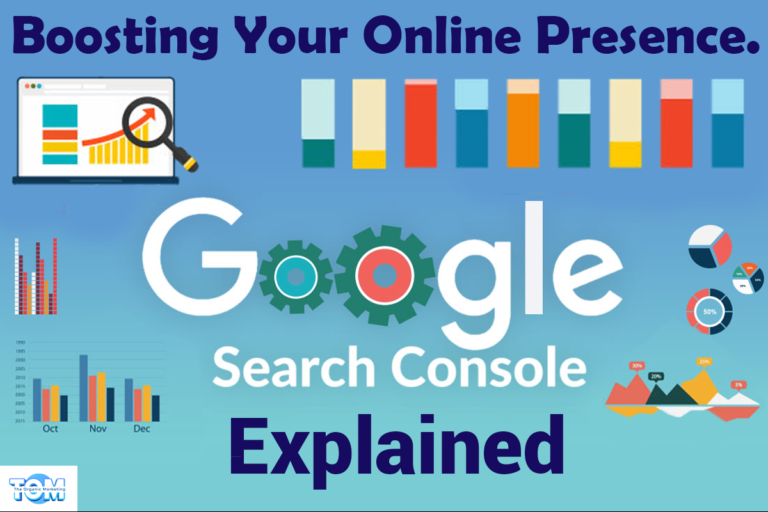Essential IT Knowledge: Your Complete Guide
The field of information technology (IT) is constantly changing and has ingrained itself into contemporary life. The way we work, communicate, and obtain information is revolutionized. We will examine the world of information technology in this complete guide, including its definition, significance, services, kinds, function in business, advantages, and commonly asked questions.
What is Information Technology?
Information technology, or IT for short, is the management and processing of data and information using computers, software, hardware, networks, and other technological resources. It includes a wide range of instruments, frameworks, and procedures created to effectively store, retrieve, transfer, and alter data.
Types of Information Technology
- Hardware: Physical components like computers, servers, and storage devices.
- Software: Apps and programs that operate on hardware.
- Networking: The infrastructure that connects devices and allows data transfer.
- Database Management: Systems for storing and organizing data.
- Cybersecurity: Protecting systems and data from unauthorized access.
- Cloud Computing: Hosting and accessing resources and services over the internet.
- Artificial Intelligence (AI): The development of intelligent machines and software.
- Internet of Things (IoT): Connecting everyday objects to the internet for data exchange.
Why Do We Need Information Technology?
- Efficiency Enhancement: IT systems streamline tasks and automate processes, reducing human errors and saving time. This heightened efficiency translates into increased productivity in various sectors, from manufacturing to customer service.
- Global Connectivity: IT connects people and businesses worldwide, enabling instant communication and collaboration. Video conferences, email, and social media platforms bridge geographical gaps, fostering cooperation and partnerships on a global scale.
- Data Management: In the age of big data, IT plays a pivotal role in collecting, storing, and analyzing vast volumes of information. This data-driven approach aids businesses in making informed decisions, optimizing operations, and predicting trends.
- Innovation Catalyst: IT fuels innovation by providing tools for research and development. From advanced simulations in scientific research to design software in engineering, IT empowers innovators to push the boundaries of knowledge and technology.
- Access to Information: The internet, a product of IT, offers easy access to an unprecedented wealth of information and knowledge. This democratization of information empowers individuals to learn, stay informed, and participate in the digital age’s opportunities.
What are Information Technology Services?
- Software Development: Creating applications and software to perform specific tasks.
- Hardware Maintenance: Ensuring the proper functioning of computer hardware.
- Network Management: Managing and maintaining data networks for efficient communication.
- Data Storage and Management: Storing, securing, and managing data effectively.
- Cybersecurity: Protecting systems and data from cyber threats.
- Cloud Computing: Hosting and accessing resources and applications over the internet.
What Does Information Technology Do In Business?
- Automation: IT systems streamline routine tasks by employing algorithms and software, which not only reduces human errors but also significantly increases efficiency. Examples include automated payroll processing, inventory tracking, and email filtering.
- Communication: IT has revolutionized communication in the business world. It provides various tools such as email, video conferencing, and instant messaging platforms, enabling seamless interactions among employees, clients, and partners across the globe. This fosters collaboration, accelerates decision-making, and supports remote work arrangements.
- Data Analysis: IT plays a pivotal role in data collection, storage, and analysis. Advanced analytics tools can process vast datasets to extract valuable insights, aiding businesses in making informed decisions, identifying trends, and optimizing processes for better performance.
- Customer Relations: Customer Relationship Management (CRM) systems powered by IT help manage customer data and interactions. This enhances the customer experience by personalizing interactions, tracking purchase histories, and enabling efficient issue resolution, ultimately fostering customer loyalty.
- E-commerce: IT is the backbone of online businesses, enabling them to reach a global audience and conduct transactions securely. E-commerce platforms offer features like online catalogs, shopping carts, payment gateways, and order tracking, making it convenient for both businesses and customers.
- Inventory Management: IT systems provide real-time visibility into inventory levels, reducing the risk of overstocking or understocking. Inventory management software optimizes order processes, minimizes carrying costs, and ensures products are available when customers need them.
- Supply Chain Management: IT optimizes supply chain operations by improving coordination among suppliers, manufacturers, and distributors. It enables real-time tracking of goods, demand forecasting, and cost analysis, ultimately leading to cost savings, reduced lead times, and improved customer satisfaction.
Benefits of IT in Business
- Increased Efficiency: IT systems automate repetitive tasks, reducing the need for manual labor. This not only saves time but also minimizes errors, leading to more efficient and accurate processes.
- Enhanced Productivity: IT tools and software empower employees to work more productively. Collaboration software, project management tools, and cloud-based platforms facilitate teamwork and enable remote work, boosting overall productivity.
- Improved Decision-Making: Data analysis is a crucial component of IT, providing businesses with valuable insights. By analyzing data on customer behavior, market trends, and internal operations, companies can make informed, data-driven decisions to refine their strategies.
- Global Reach: IT enables businesses to transcend geographical boundaries and access a global audience and markets. E-commerce websites, digital marketing, and online communication tools create opportunities to expand and diversify customer bases.
- Cost Savings: Efficient IT processes reduce operational costs. Digitization and automation reduce the need for physical resources like paper and storage space, resulting in significant cost savings over time.
- Competitive Advantage: Businesses with robust IT infrastructure often outperform competitors. They can respond quickly to market changes, provide better customer experiences, and adapt to emerging technologies, maintaining a competitive edge.
- Innovation: IT fosters innovation by providing the tools and resources necessary for research and development. From AI-driven product recommendations to smart manufacturing processes, IT can lead to the creation of entirely new products and services, opening new revenue streams.
The digital era is being fueled by information technology, which is changing how we live and work. Business, communication, and daily living have all been changed by its wide range of services and possibilities. As technology develops, adopting IT is essential to being productive and competitive in a world that is changing quickly. For both individuals and companies, understanding and using the potential of information technology is vital.
For more details on information technology (IT), get in touch with The Organic Marketing now!







27 Comments
Comments are closed.